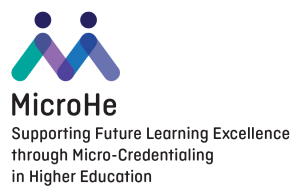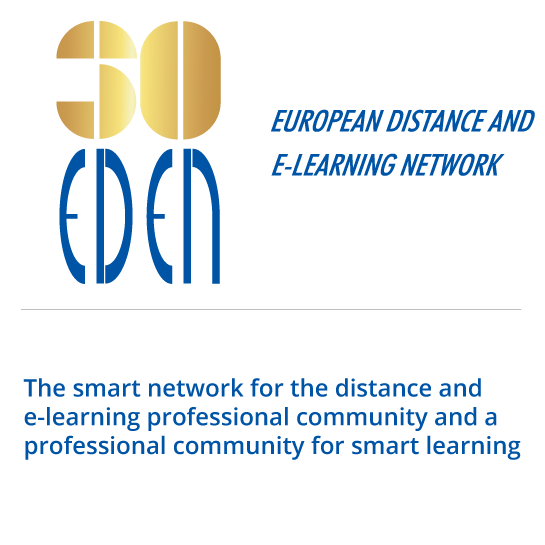 Erasmus+; MicroHE – Support Future Learning Excellence through Micro – Credentialing in Higher Education
Erasmus+; MicroHE – Support Future Learning Excellence through Micro – Credentialing in Higher Education
From gathering the state of the art in micro-credentialing in European Higher Education today, through forecasting the impacts and examining the adequacy of European recognition instruments, the project aims to propose a meta-data standard and develop an online clearinghouse to facilitate recognition, transfer and portability of micro-credentials in Europe.
MicroHE aims at providing the most comprehensive policy analysis of the impact of modularisation, unbundling and micro-credentialing on Higher Education in Europe yet conducted, and will address the challenges described above by:
- gathering the state of the art in micro-credentialing in European Higher Education today, by organizing the first European survey on micro-credentials in HE, surveying at least 70 institutions across the continent, with the aim of understanding the current level of provision, the types of micro-credentials offered and future trends in provision of micro-credentials
- forecasting the impacts of continued modularisation of Higher Education on HEIs by using forward-scanning techniques, specifically through the use of DELPHI methodology
- examining the adequacy of European recognition instruments for micro-credentials in particular ECTS, the diploma supplement and qualification frameworks
- proposing a ‘credit supplement’ to give detailed information about micro-credentials in a way compatible with ECTS, the diploma supplement and qualification frameworks
- proposing a meta-data standard and developing an online clearinghouse to facilitate recognition, transfer and portability of micro-credentials in Europe
While maintaining the European tradition of high quality education and high-levels of student-protection, provided through systems of accreditation and quality assurance, the project intends to:
- Promote increased choice for students and lifelong learners by increasing the range of education opportunities offered to them
- Equip universities to adequately adapt to the changes brought about modularisation of education
- Improve the recognition and transfer of learning between different educational organizations as well as the world of work, nationally and transnationally.
Project Ref: 590161-EPP-1-2017-1-DE-EPPKA3-PI-FORWARD


